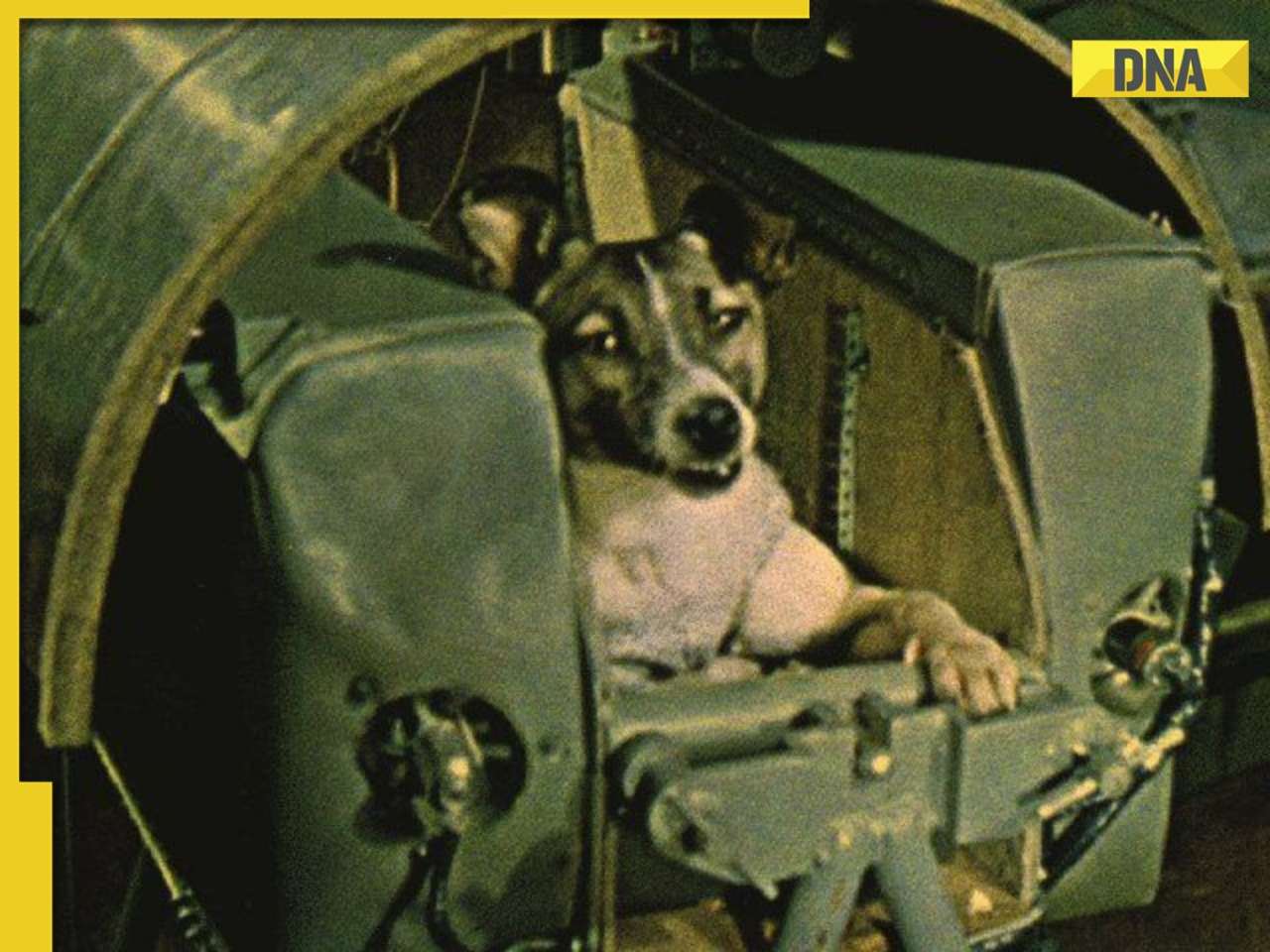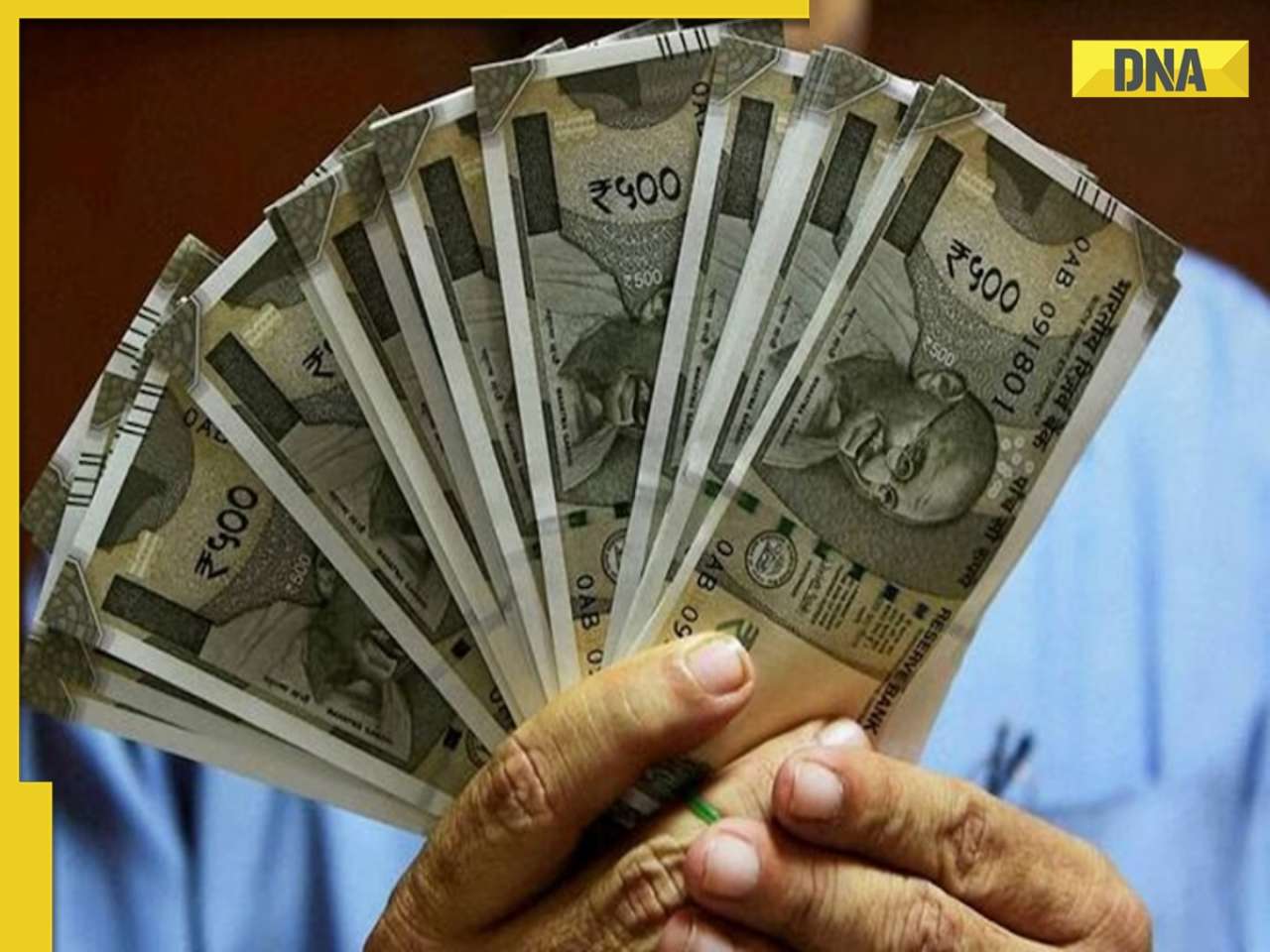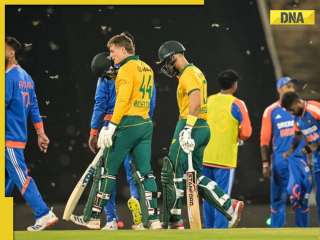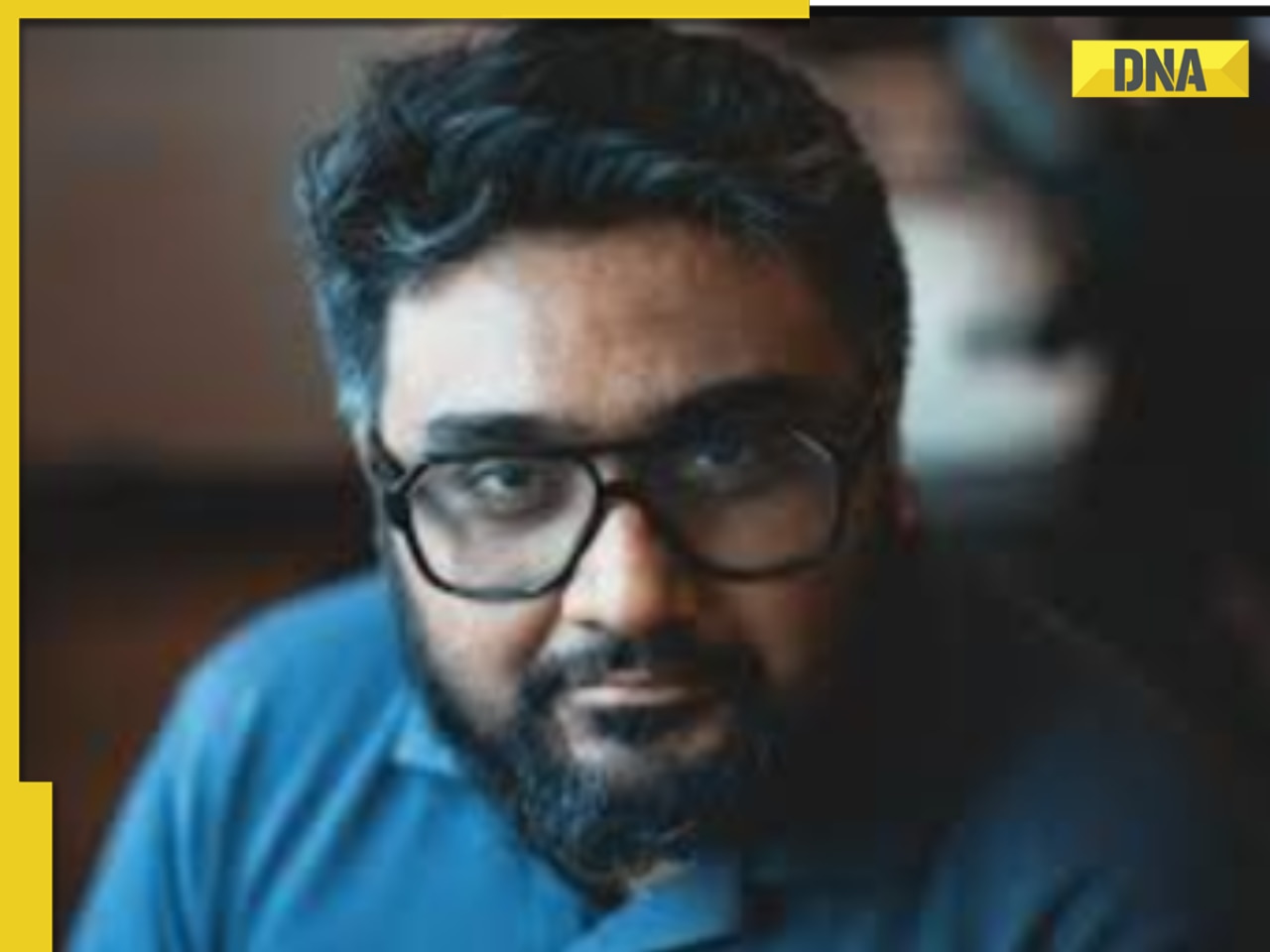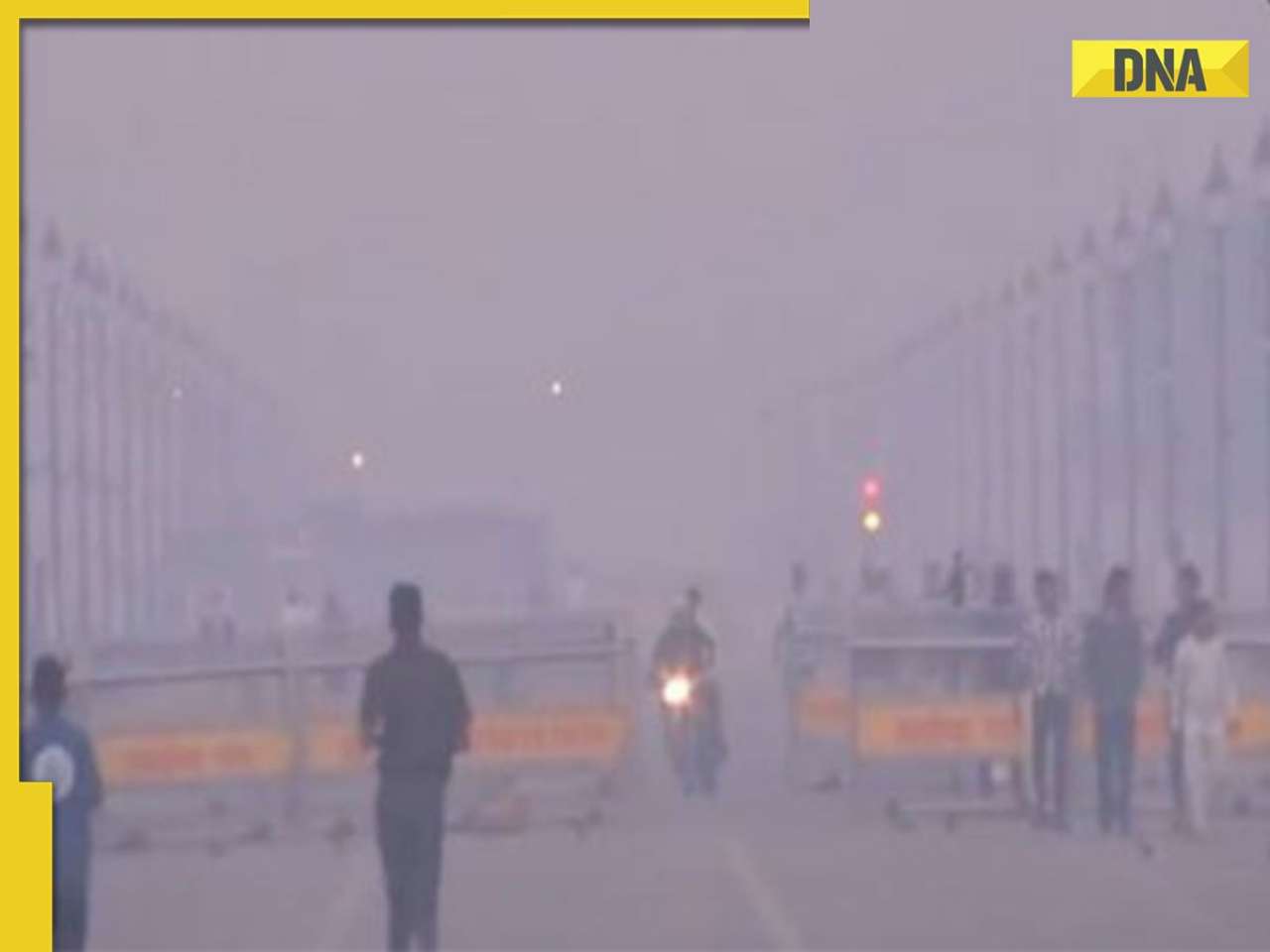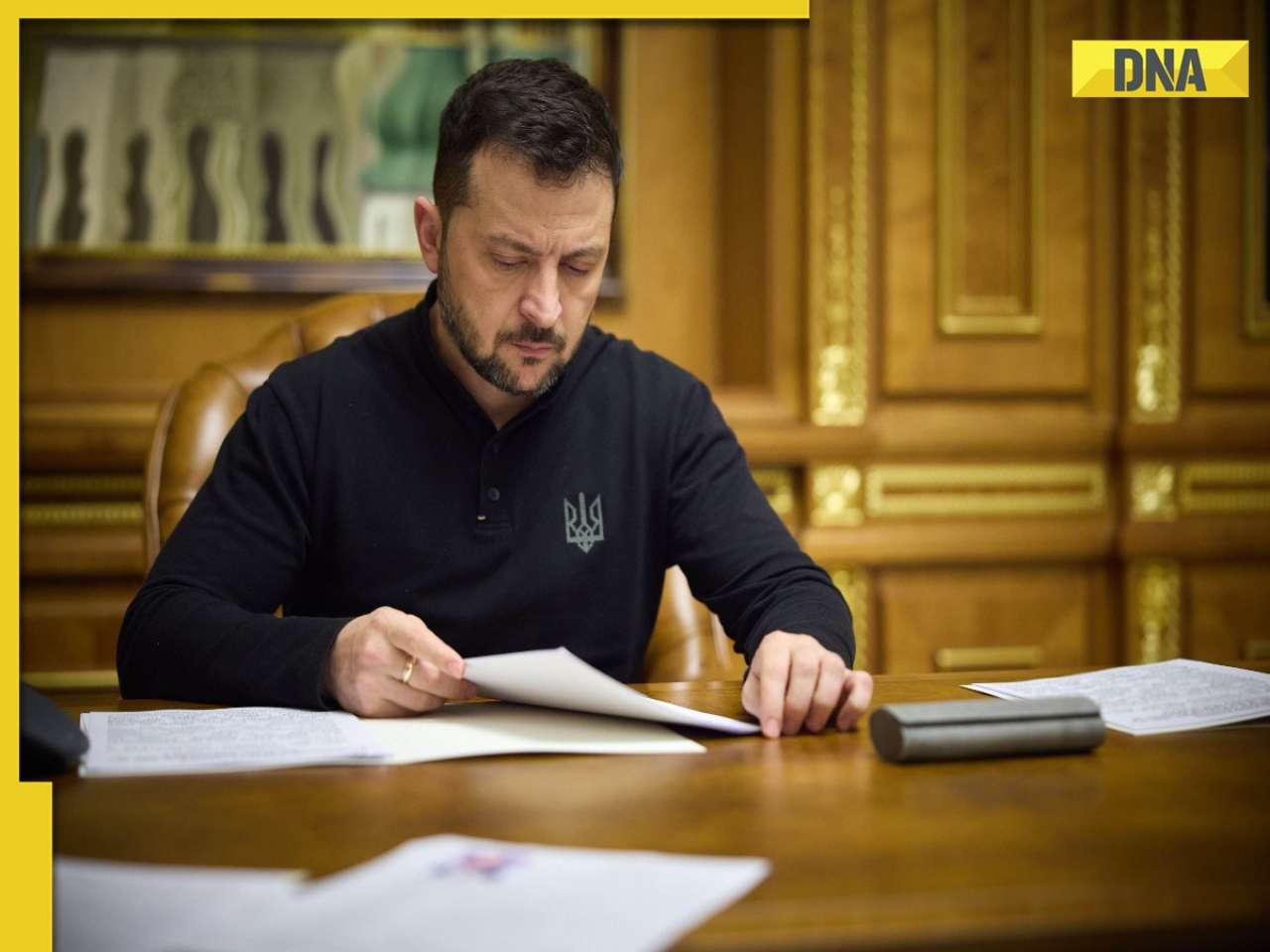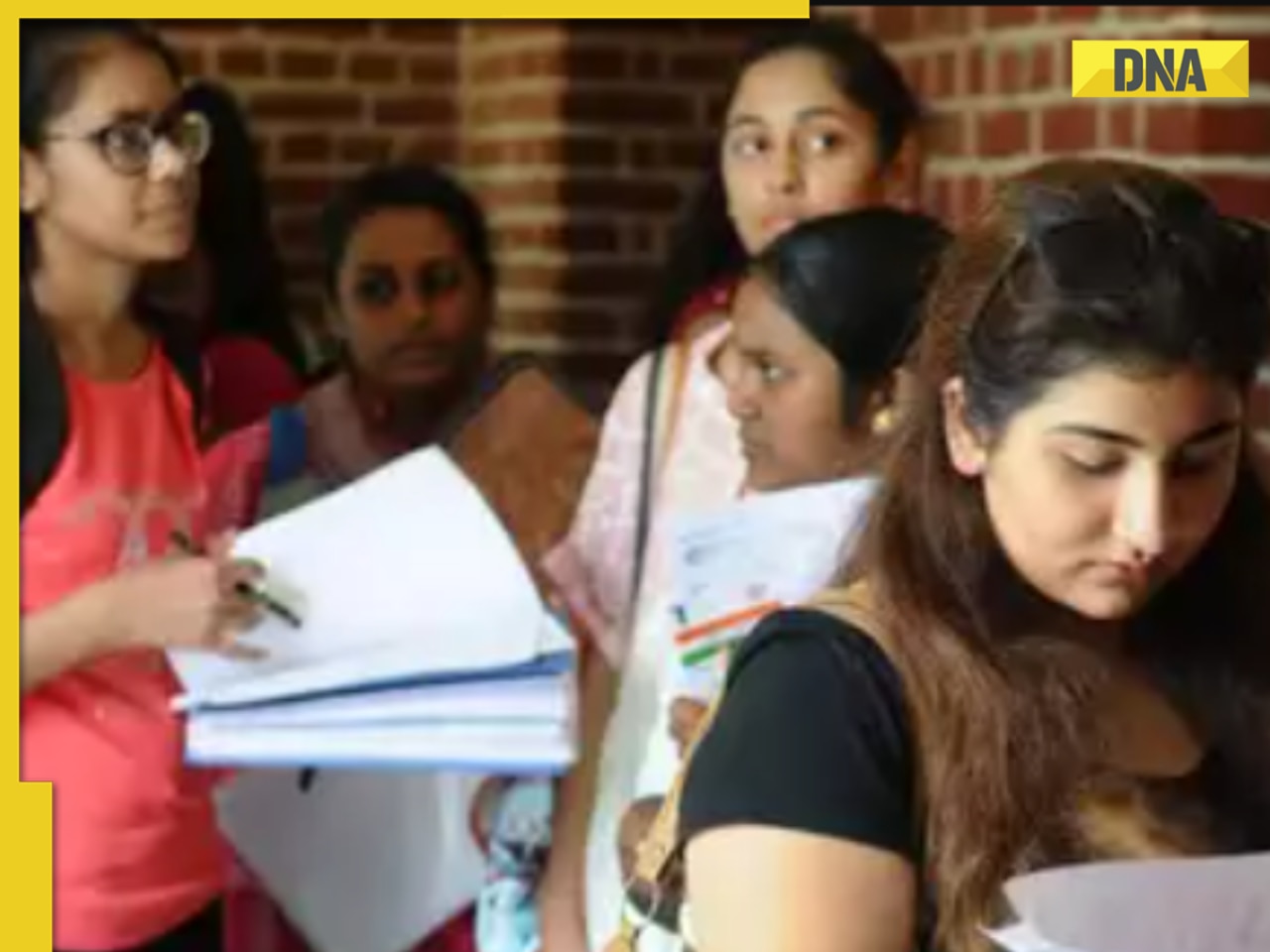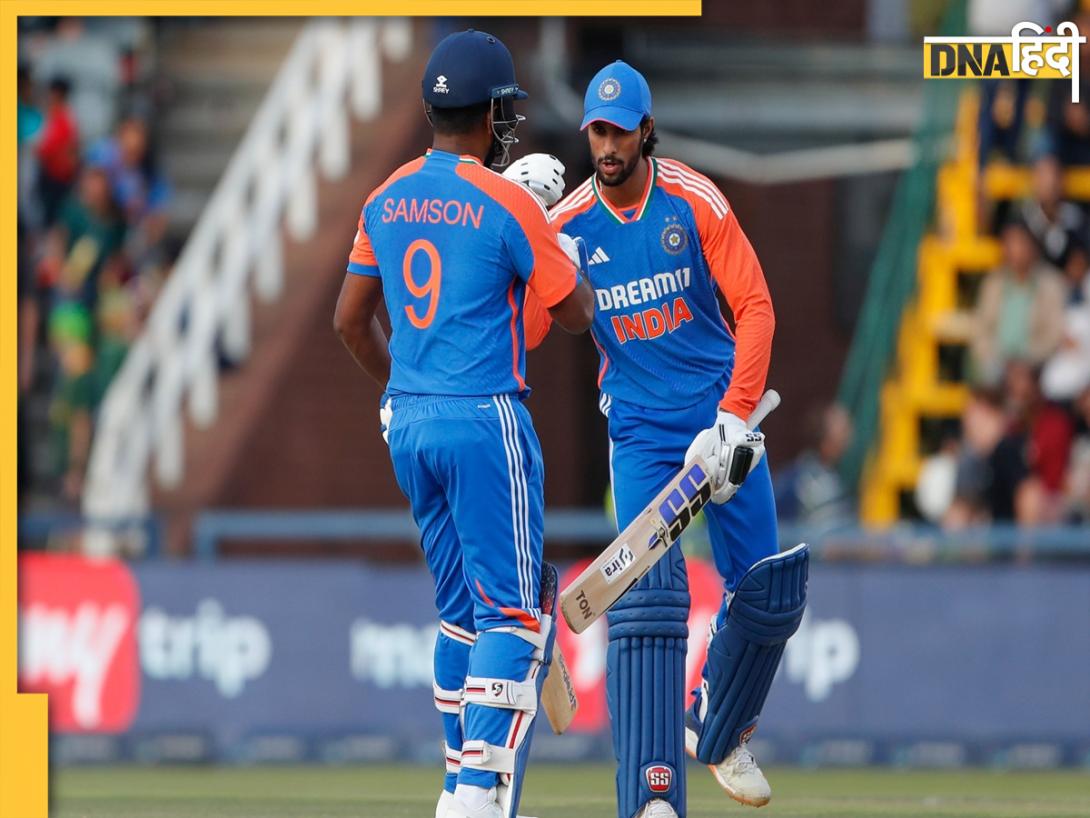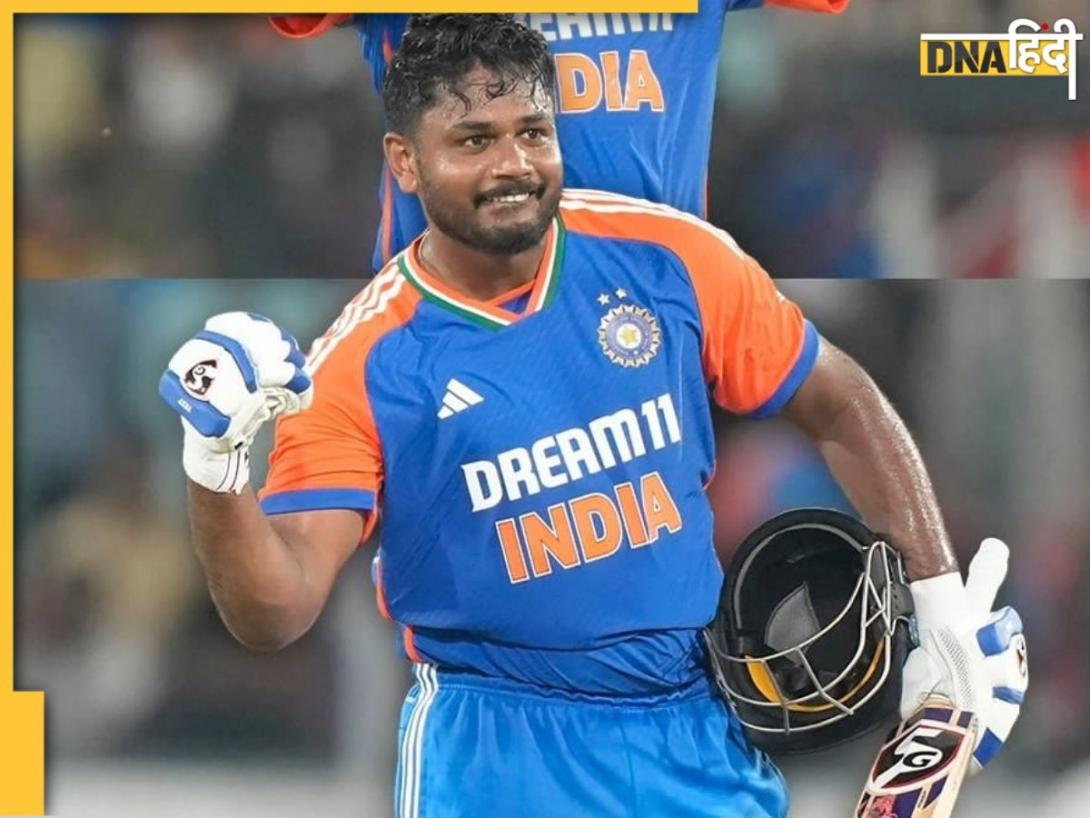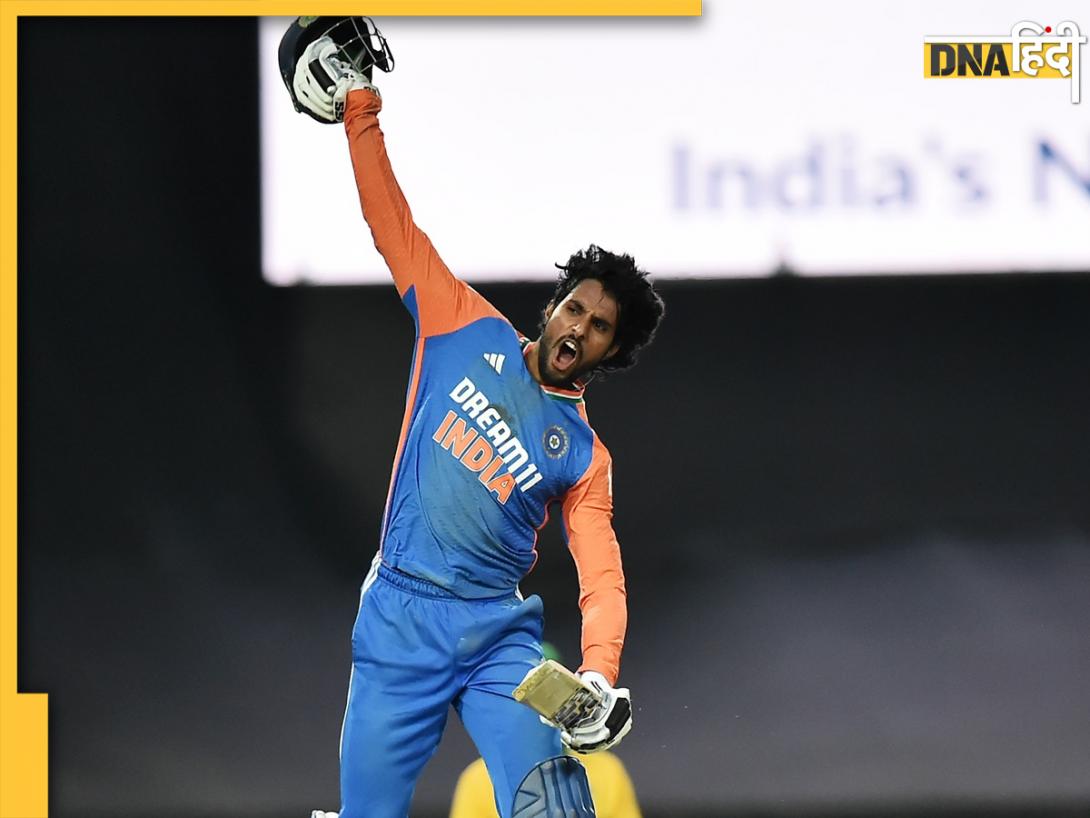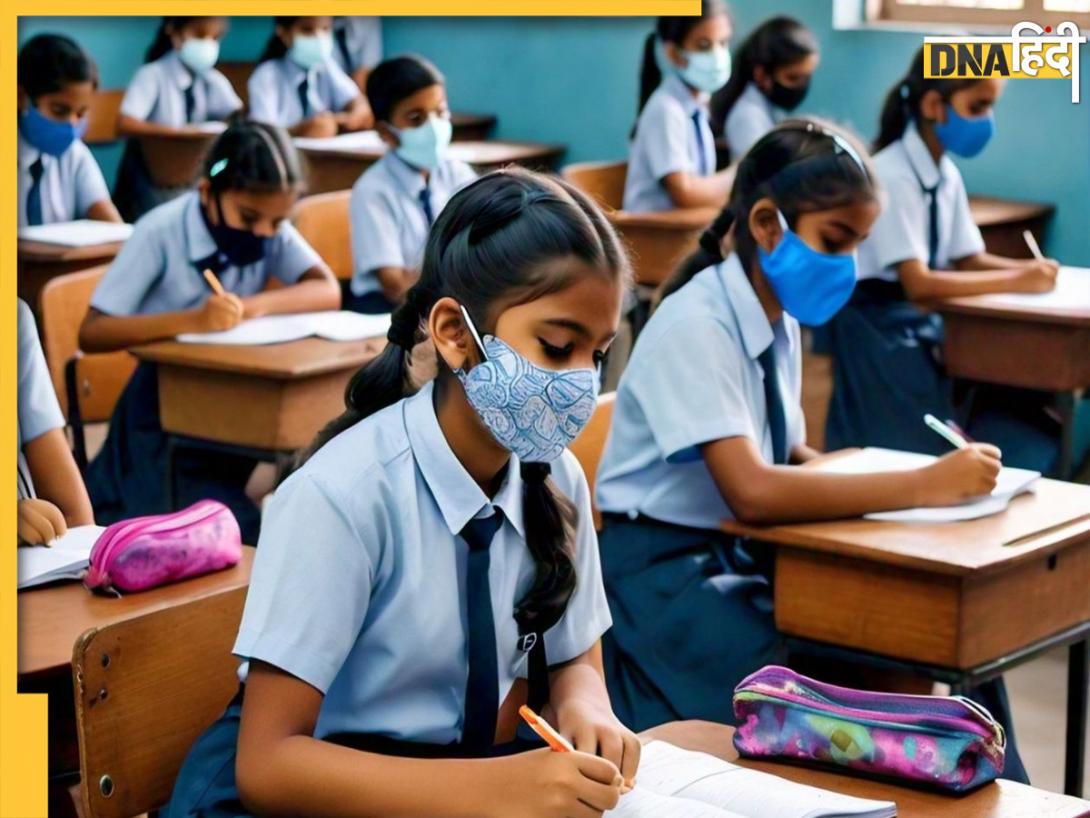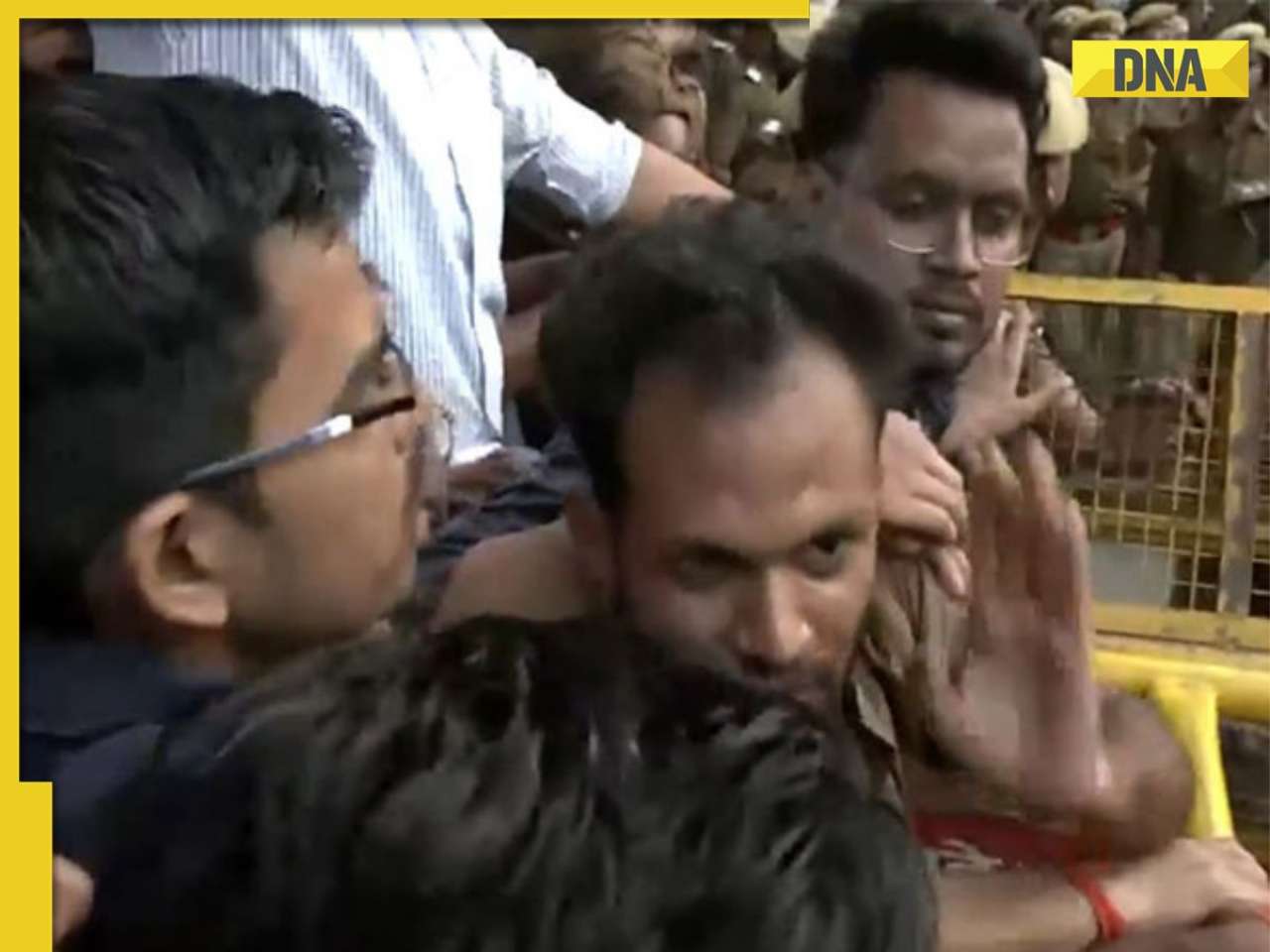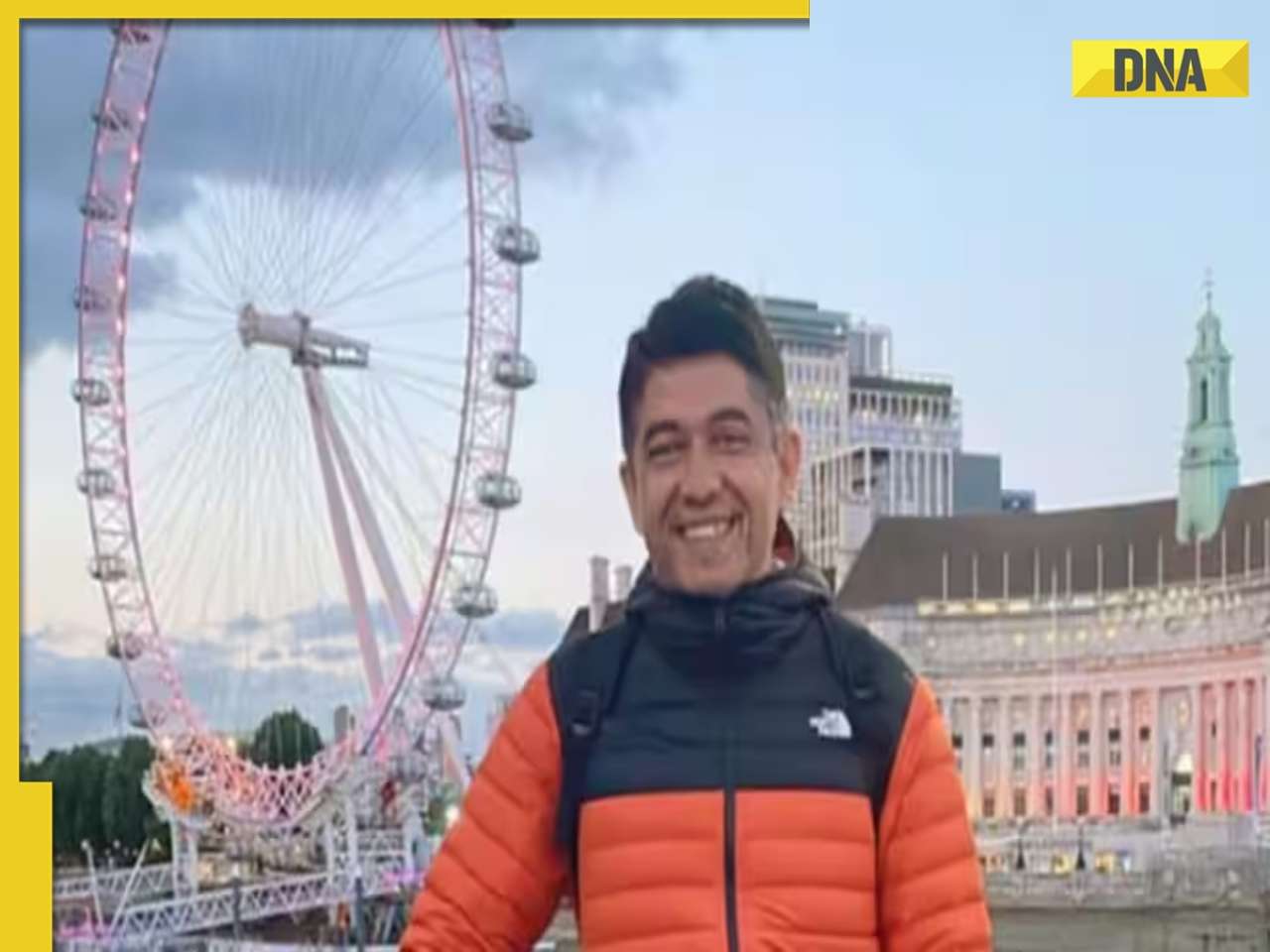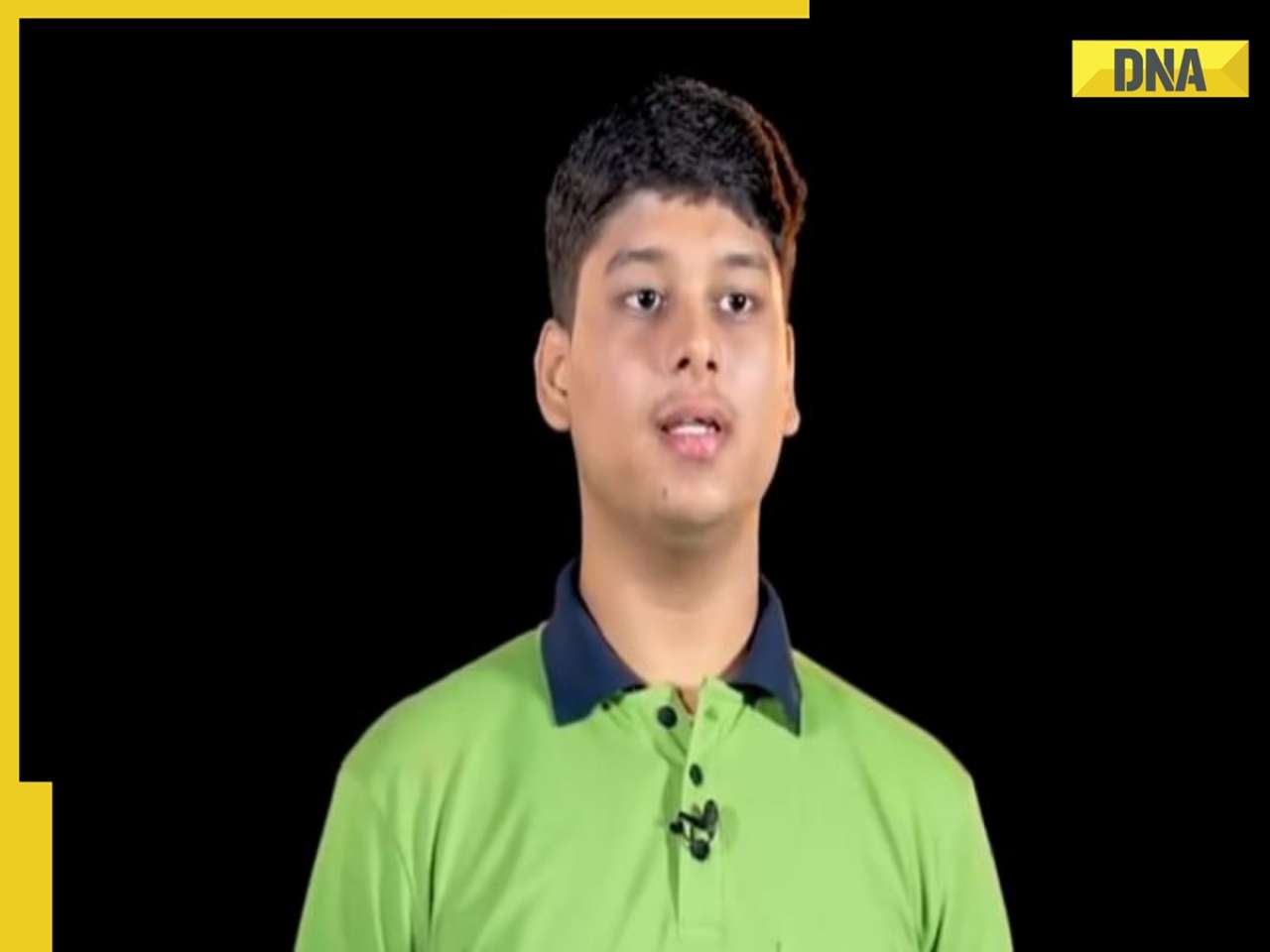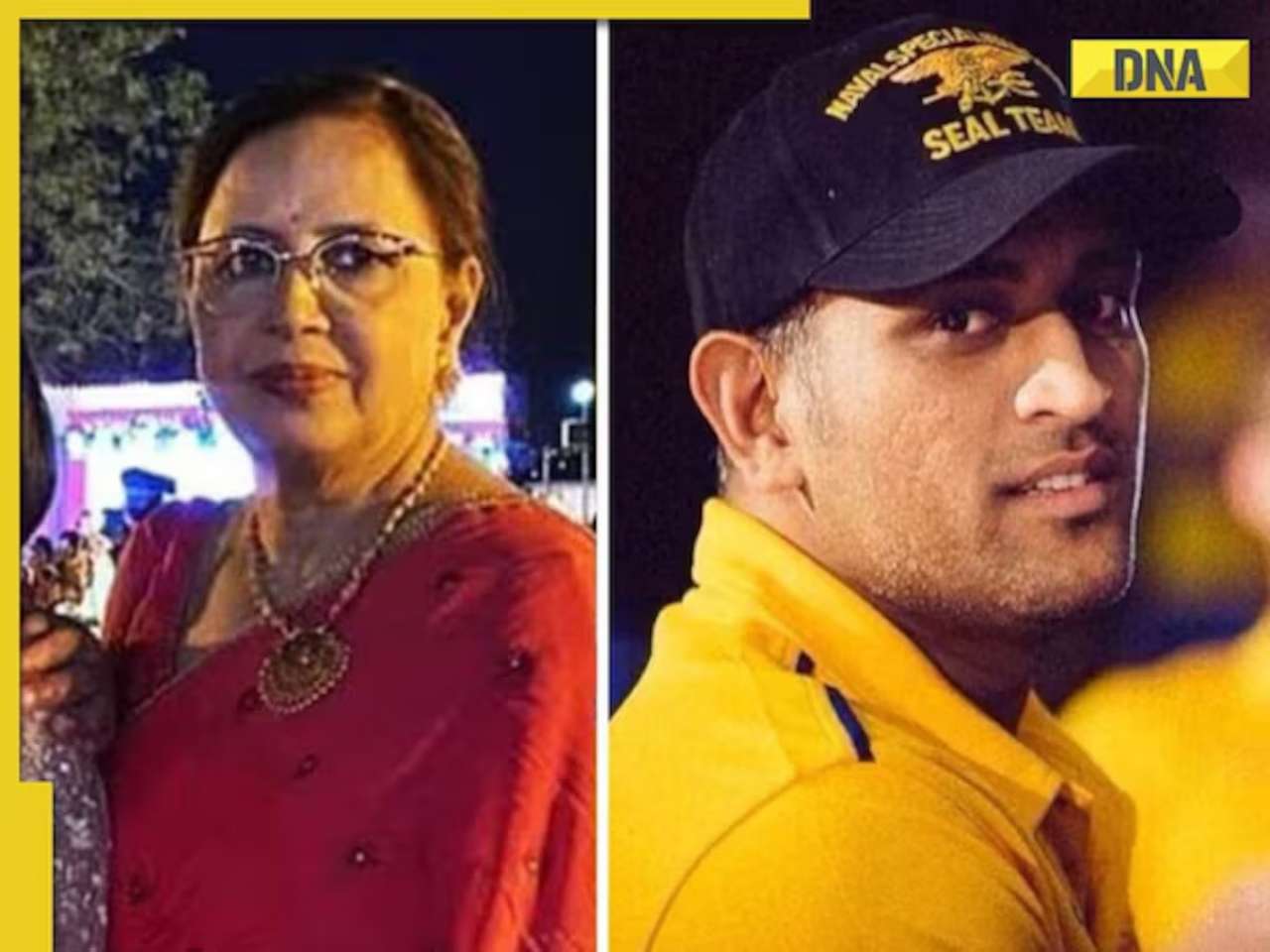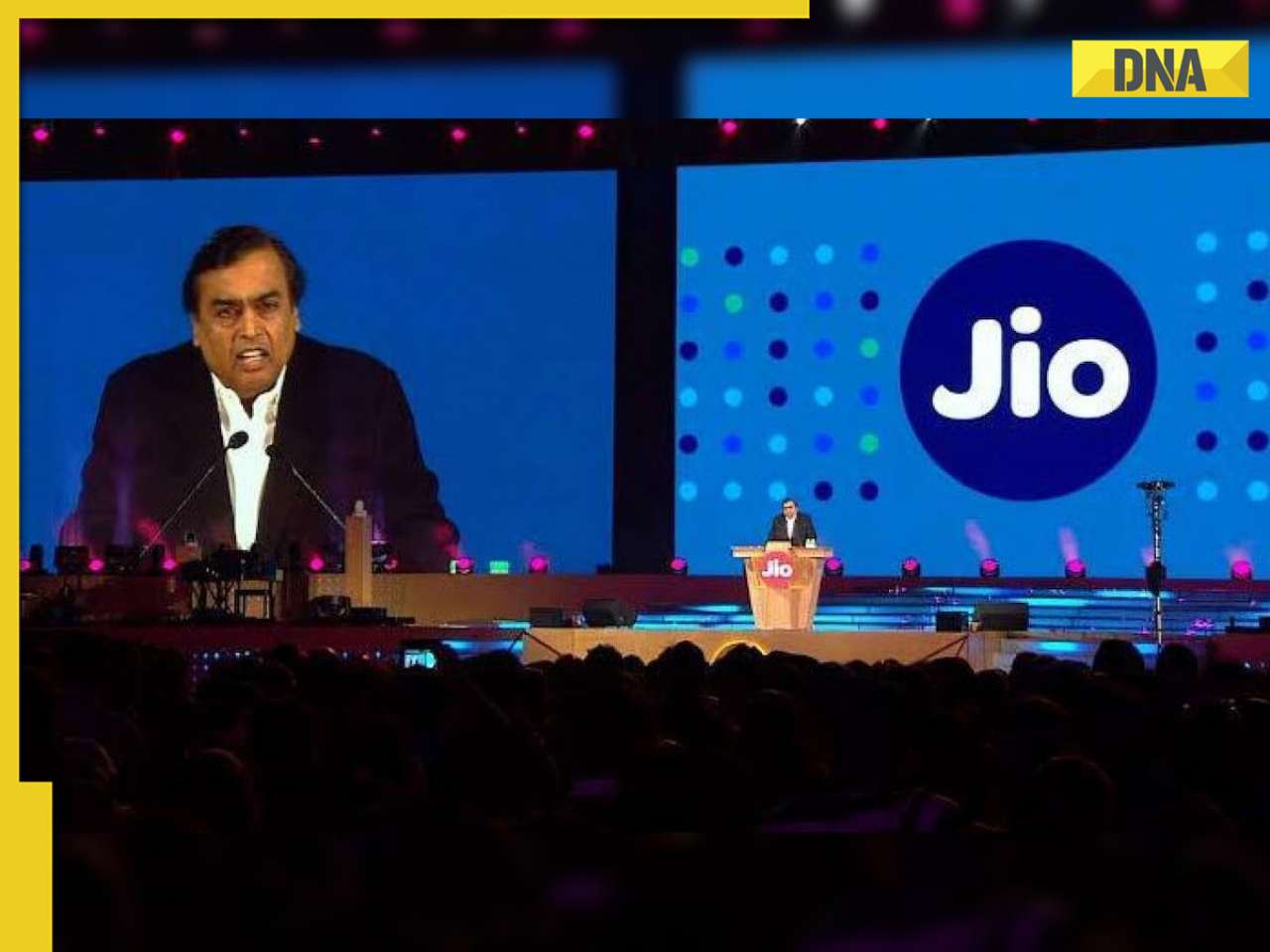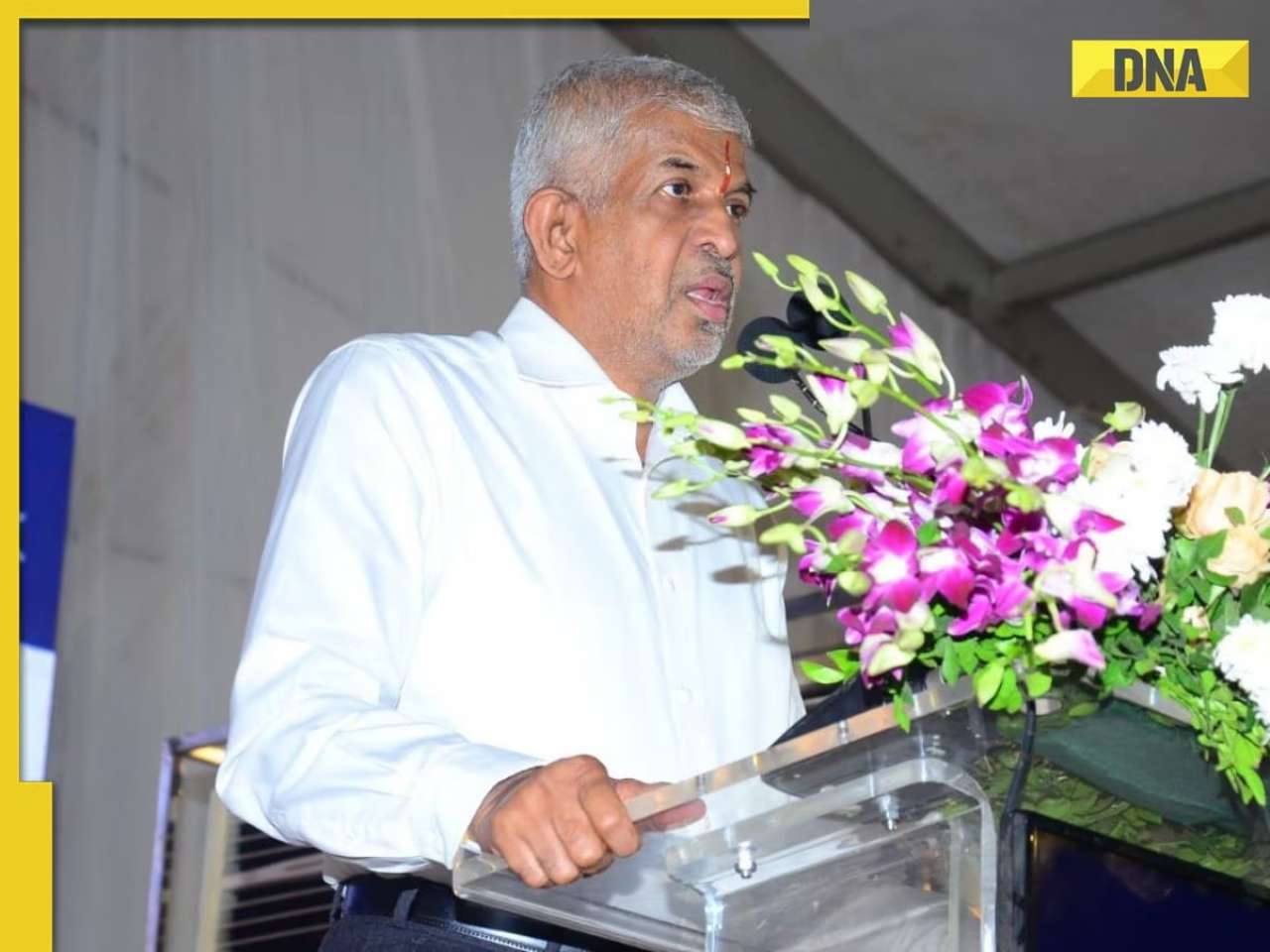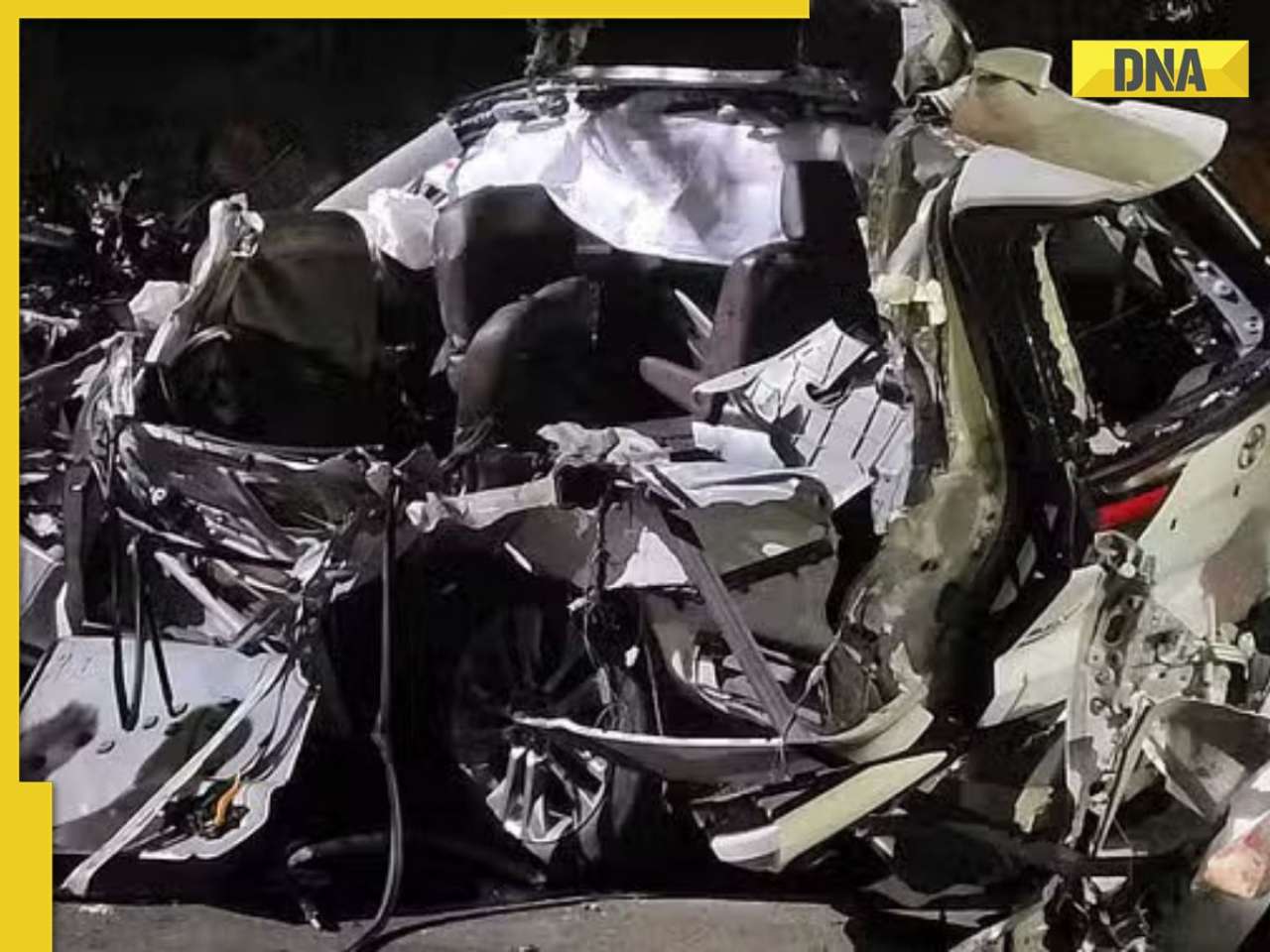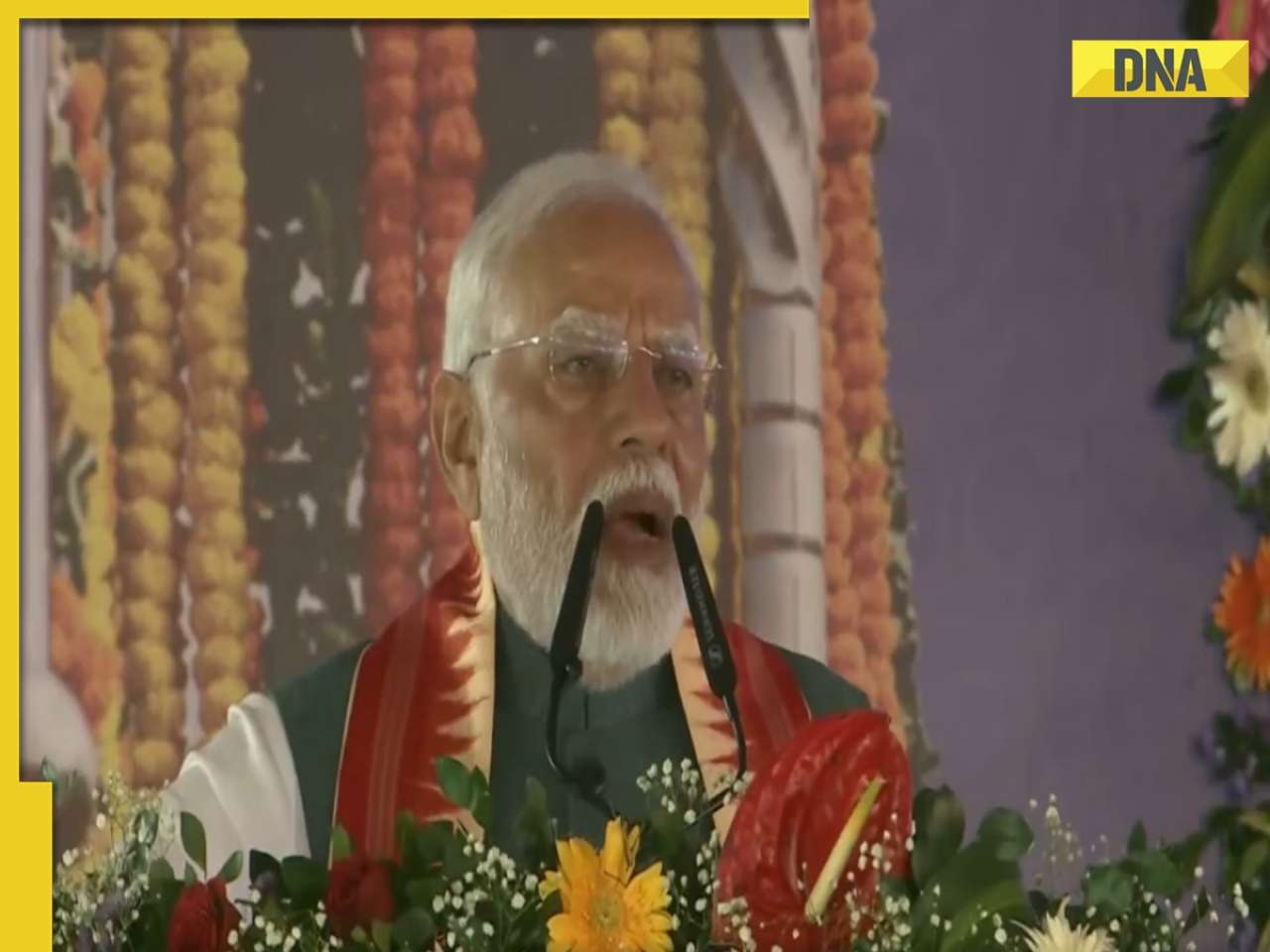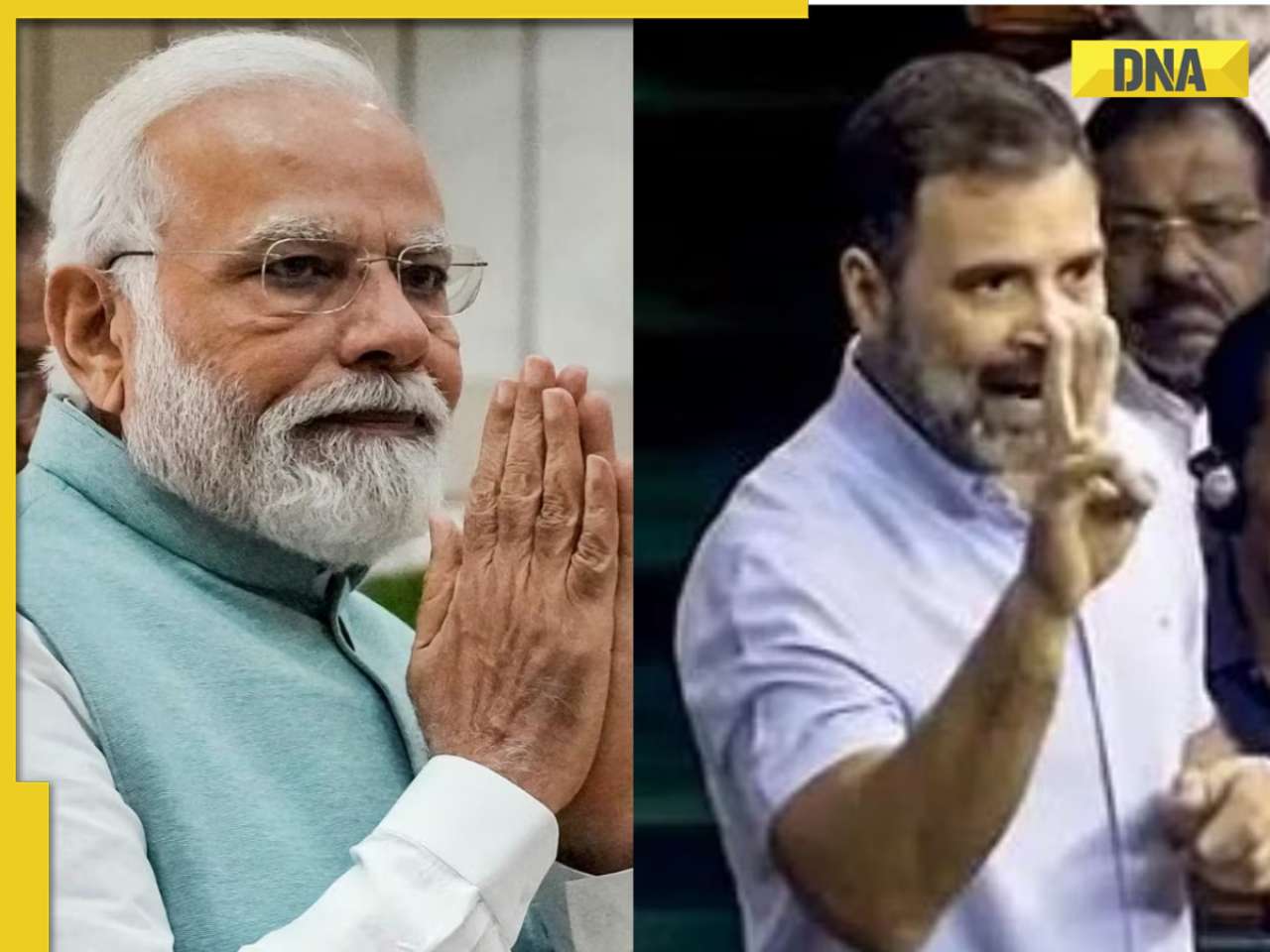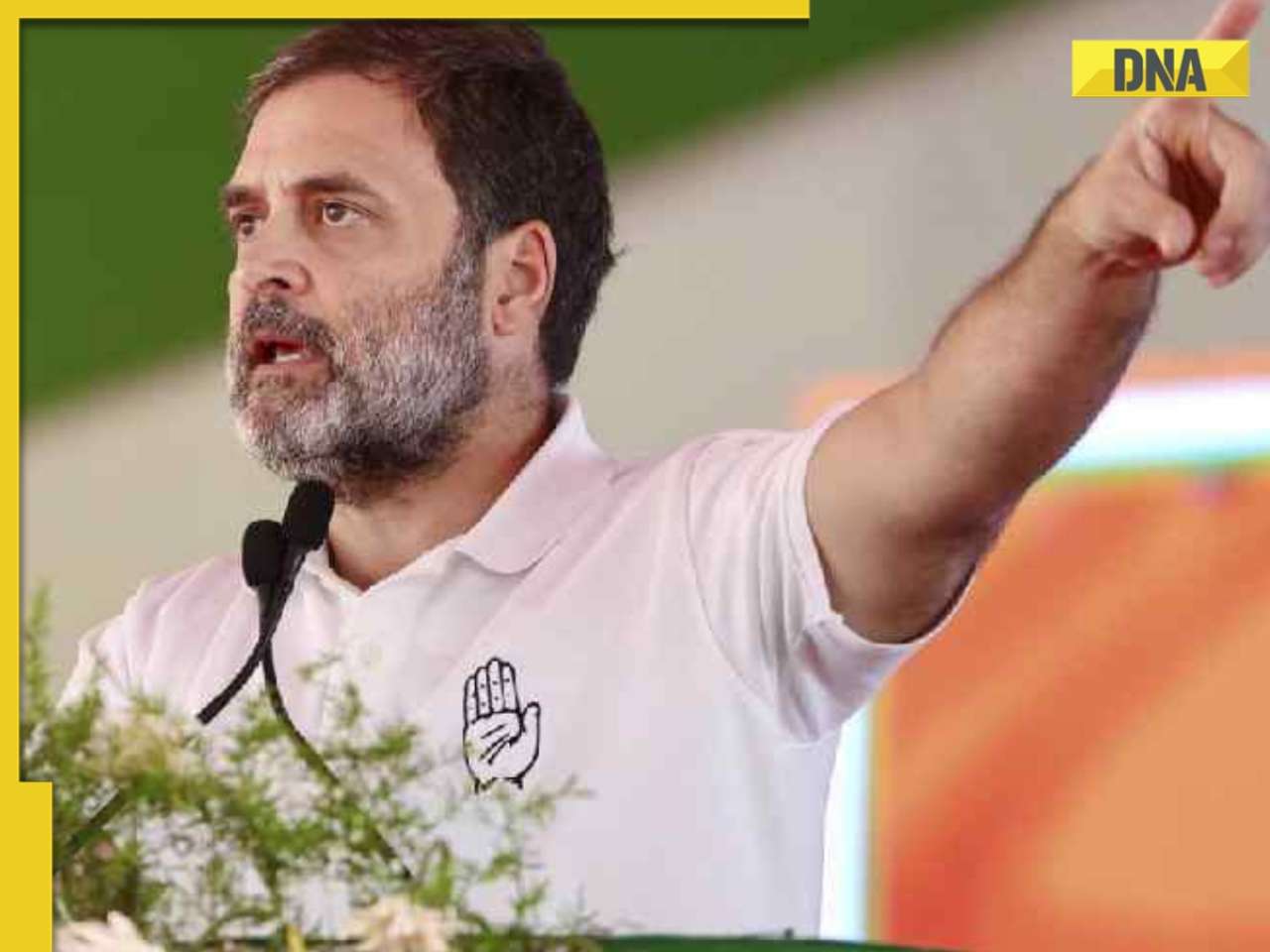- LATEST
- WEBSTORY
- TRENDING
INDIA
Is Delhi ready for the DNA test?
Half of crime cases, including those of murder, rape and kidnapping, remain unsolved in Delhi. This has prompted the police to clamour for DNA profiling. With the Central government pushing the DNA Based Technology (Use and Regulation) Bill, 2017, we look at provisions that can revamp investigations
TRENDING NOW
In 1983, a 15-year-old schoolgirl, Lynda Mann, was abducted from Narborough in England's Leicestershire. She was found raped and murdered. Three years later, while investigators were still struggling for clues, another young woman met the same fate near Lynda's resting place. Fear and sensation gripped the area.
In 1986, the police arrested Richard Buckland, a 17-year-old local with learning difficulties, and claimed that he had confessed — but only to the second murder. Investigators applied an untested technique — genetic fingerprinting through DNA analysis — but there was no match in either murder. The test was repeated. Ultimately, Buckland was proven innocent. He claimed he had been pressured by the police to confess.
Over the next few months, 5,500 local men were tested. It turned out that one Colin Pitchfork, a 27-year-old baker and father of two, had persuaded a friend to test in his place. But when Pitchfork bragged about fooling the investigators, he was overheard and reported. His genetic profile matched the semen samples from both girls, and in 1987, he became the first murderer convicted based on DNA fingerprinting evidence.
Over the last three decades, more than 50 million people are estimated to have had their DNA tested during criminal investigations. The tests have helped nail millions of criminals and overturn the miscarriage of justice by saving innocent suspects like Buckland.
Cut to 2017. The Delhi police is still struggling with cases that could have been easily cracked with a DNA database. Half the cases, including those of murder, rape and kidnapping, remain unsolved in the city. In October this year, an 82-year-old woman, her three daughters and a security guard were found murdered with their throats slit in their house in East Delhi's Shahdara.
The police ruled out robbery as a motive and said a property dispute could be the reason behind the murders. The police questioned over 100 people and rounded up possible suspects, but there are no clues yet. Investigators say they have collected fingerprints and other forensic evidence and samples, most likely of the killers, but they have no DNA database to match them with.
Legislation push
About 60,000 DNA tests are done in criminal investigations every year, in the UK, as compared to 7,500 in India. This, despite the fact that India's population is 13 times more than that of the UK. China has planned to build a USD 1 billion super-sized DNA sequencing platform in the Jiangsu Province aimed at storing genetic information of millions of its ethnic Chinese population.
A debate for DNA's use as evidence in criminal investigations — through databanks both at national and regional levels — has grown in recent times in the Indian legal system. The first step in the direction of a DNA Profiling Bill was initiated in 2007 with the 'Draft DNA Profiling Bill' by the Central government for DNA fingerprinting and diagnostics. Since then, there has been a version of the Bill in 2012, 2015, and 2016.
The Central government is pushing a bill called the DNA Based Technology (Use and Regulation) Bill, 2017, which safeguards against data misuse. Once the Bill becomes a law, India will be among the last large countries to have adopted DNA profiling that is also used for disaster victim identification, identification of missing persons and human remains, and for medical research purposes.
The Bill provides for the setting up of a statutory DNA Profiling Board to spell out procedures and standards to establish DNA laboratories. The Bill has provisions for consent, defined instances for deletion of profiles, limitation on purpose of the use of data in the DNA databank, defined instances for the destruction of biological samples, and the ability for an individual to request a re-test of bodily substances if contamination is suspected.
Supreme Court (SC) lawyer Ashok Bhan said that there is an urgent need to incorporate some provisions in the Indian Evidence Act, 1872, and the Code of Criminal Procedure, 1973, to deal with forensic issues. "Investigators have to face trouble in collecting evidence. However, DNA profiling is seen as a challenge to an individual's right to privacy and right against self-incrimination. This is the reason courts are sometimes reluctant in accepting DNA-based evidence."
India's Law Commission, which submitted the Bill to the government in July, has also noted that privacy concerns and the ethics involved in this scientific collection of data are very serious. Campaigners against the Bill say it should have had a right to notification of storage and access to information on the databank, the right to appeal and challenge storage of samples, and the right to access and review personal information stored.
Sidharth Luthra, Senior Supreme Court lawyer and former Additional Solicitor General of India said that there needs to be a legislative protection to regulate the obtaining and maintaining of DNA samples because there are concerns of privacy, concerns of security and investigation... and all this needs to be balanced.
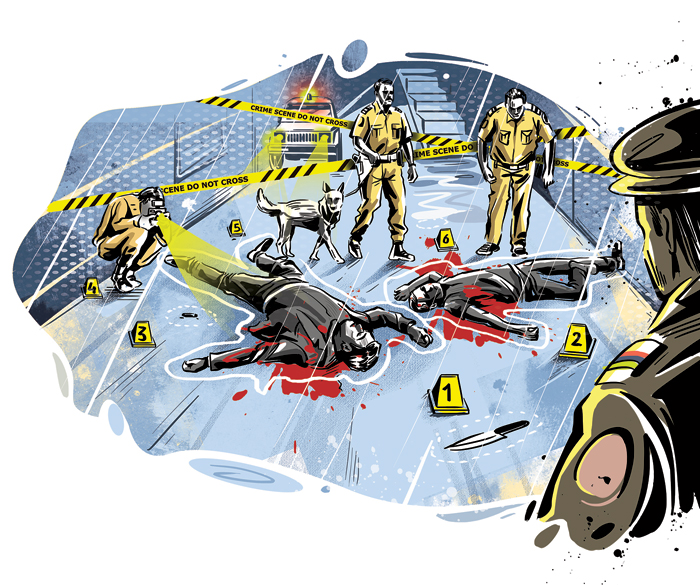
—Gajanan Nirphale
Limited success
Though no DNA databank exists as of now, the police has had profiling done in many cases, resulting in critical and conclusive evidence. In May, the SC upheld death sentences against four men who fatally gang-raped a woman, who came to be known as Nirbhaya, on board a bus in South Delhi in 2012. DNA tests had helped the police nail the accused of their crime that had sparked widespread protests and drew international attention to violence against women.
"While upholding the conviction, five years after the horrific crime, the Supreme Court said in its judgment that the DNA reports cogently linked each of the accused with the victim and the crime scene. The court further noted that DNA profiling proves the presence of the accused in the bus and their involvement in the crime," a senior police officer said.
The court also flagged the significance of DNA in the case as bite marks, though a crucial piece of evidence, lack the specificity and durability as human teeth may change over time. The DNA analysis, fingerprints lifted from the bus, and the analysis of the bite marks on the body of the girl had also been appreciated by the lower court.
Last year, five men were sentenced to life in prison for raping a Danish tourist in the heart of New Delhi's tourist district in 2014. "Even in this case, we got DNA tests done to find conclusive evidence that was accepted in the court," the officer said. There is no doubt that a DNA database will speed up criminal investigations, he said, adding, "It will certainly help bring down the number of pending investigations in cases, especially murders and rapes."
In Priyadarshini Mattoo case, the Delhi High Court relied mainly on DNA and other circumstantial evidence to hold the accused as guilty. The 25-year-old law student was found raped and murdered at her house in Delhi in 1996.
In 2006, the court found Santosh Kumar Singh guilty on both counts and sentenced him to death. In 2010, the SC commuted the death sentence to life imprisonment.
In 2014, after a six-year legal battle that involved emotional arguments and a DNA test, veteran Congress politician ND Tiwari finally accepted a man, who dragged him to court, as his son. In 2012, Tiwari was forced to give samples of his DNA for a paternity test after warnings by the Delhi HC. He even moved the SC against the test but failed to stop it.
Delhi police PRO Madhur Verma said, "Our DNA fingerprinting is only a tool of evidence for the trial of accused in courts. While in foreign nations, detection is also being done with the help of DNA sampling. If such a technology comes to Delhi, it would revolutionise the way crimes are probed. Like western countries, India must use DNA profiling."
How it works
DNA or deoxyribonucleic acid is the same in every cell throughout an individual's body, whether it is a skin cell, sperm cell, or blood cell. With the exception of identical twins, no two individuals have the same DNA blueprint. In DNA analysis for a criminal investigation, using highly sophisticated scientific equipment, first a DNA molecule from the suspect is disassembled, and selected segments are isolated and measured. Then the suspect's DNA profile is compared with one derived from a sample of physical evidence to see whether the two match.
If a conclusive non-match occurs, the suspect may be eliminated from consideration. If a match occurs, a statistical analysis is performed to determine the probability that the sample of physical evidence came from another person with the same DNA profile as the suspect's. Juries use this statistical result in determining whether a suspect is guilty or innocent. DNA profiling removes chances of human error, frauds and technical glitches.
DNA evidence is sufficiently conclusive to solve crimes as only monozygotic twins (derived from a single ovum, and so identical) share the same DNA profile, said Dr Durgadas Kasbekar, INSA (Indian National Science Academy) Senior Scientist, Center for DNA Fingerprinting and Diagnostics (CDFD). "Different tissues, teeth, bones, blood (one drop is enough), spit, semen-detected on cloth using specific staining procedures and skin cells sloughed off with sweat yield the same DNA profile if they are from the same individual."
"India needs a more aggressive DNA 'collect, test and compare' approach for faster convictions and disposal of cases by courts," said Tim Schellberg, president of Gordon Thomas Honeywell Governmental Affairs, a government business market development firm. He has advised over 50 foreign and state governments on DNA database legislations, laws and policies.
If India has to send a strong message to perpetrators of crimes and instill the fear of the law in them, it has to ensure that evidence collection is strengthened, said Ravi Kant, SC lawyer and president of human rights organisation Shakti Vahini. "Crime scenes have to be forensically examined, crucial evidence collected, scientifically examined and analysed. DNA profiling offers one of the most reliable forensic evidence which can be very helpful in solving of cases," he said.
Capital Concern
50% cases of murder, rape and kidnapping remain unsolved
One of the many cases
In October, an 82-year-old woman, her three daughters and a security guard were found murdered with throats slit in their East Delhi home. Over 100 people questioned, but there are no clues yet. Investigators say they have collected fingerprints and other forensic evidence and samples — most likely of the killers — but they have no DNA database to match them with.
DNA's success in Delhi
In May, SC upheld death sentences against four who fatally gang-raped a woman, who came to be known as Nirbhaya, on board a bus in South Delhi in 2012. DNA tests had helped police nail the accused for their crime that had sparked widespread protests and drew international attention to violence against women. DNA reports cogently linked each accused with the victim and the crime scene.
Last year, five were sentenced to life in prison for raping a Danish tourist in CP in 2014. Police got DNA tests done to find conclusive evidence that was accepted in the court.
In the Priyadarshini Mattoo case, Delhi HC relied mainly on DNA and other circumstantial evidence to hold the accused as guilty. The 25-year-old law student was found raped and murdered at her house in Delhi in 1996. In 2006, the court found Santosh Kumar Singh guilty on both counts and sentenced him to death. In 2010, SC commuted the sentence to life imprisonment.
In 2014, after a six-year legal battle that involved a DNA test, Congress politician ND Tiwari finally accepted a man, who dragged him to court, as his son. In 2012, Tiwari was forced to give samples of his DNA for a paternity test after warnings by Delhi HC. He even moved SC against the test but failed to stop it.
Global Scene
30 years since the first conviction based on DNA fingerprinting evidence.
50 million people have had their DNA tested during criminal investigations.
60,000 DNA tests are done in criminal investigations every year in the UK as compared to 7,500 in India
The DNA Based Technology (Use & Regulation) Bill, 2017
It provides for a statutory DNA Profiling Board to spell out procedures and standards to establish laboratories.
DNA profiling is also used for disaster victim identification, identification of missing persons and human remains, besides medical research purposes.
Pros
The Bill has provisions for consent, defined instances for deletion of profiles, limitation on purpose of the use of data in the DNA databank, defined instances for destruction of biological samples, and the ability for an individual to request a re-test of bodily substances if contamination is suspected.
Cons
Campaigners against the Bill say it should have had a right to notification of storage and access to information on the databank, the right to appeal and challenge storage of samples, and the right to access and review personal information stored.
Quotes
DNA fingerprinting tech is still costly in India. This is why we use it only in cases where it is required the most. If it comes to Delhi, it will revolutionise investigations. Like western countries, India must use DNA profiling.
—Madhur Verma, Delhi police PRO
DNA evidence is sufficiently conclusive to solve crimes as only monozygotic twins (from a single ovum) share the same DNA profile.
—Durgadas Kasbekar, DNA scientist
DNA profiling is seen as a challenge to right to privacy. This is the reason courts are sometimes reluctant.
—Ashok Bhan, SC lawyer
We need to regulate the obtaining and maintaining of DNA samples because there are concerns of privacy.
—Sidharth Luthra, Former ASG
India has to ensure that evidence collection is boosted. DNA profiling offers one of the most reliable evidences which can be very helpful in solving of cases.
—Ravi Kant, SC lawyer
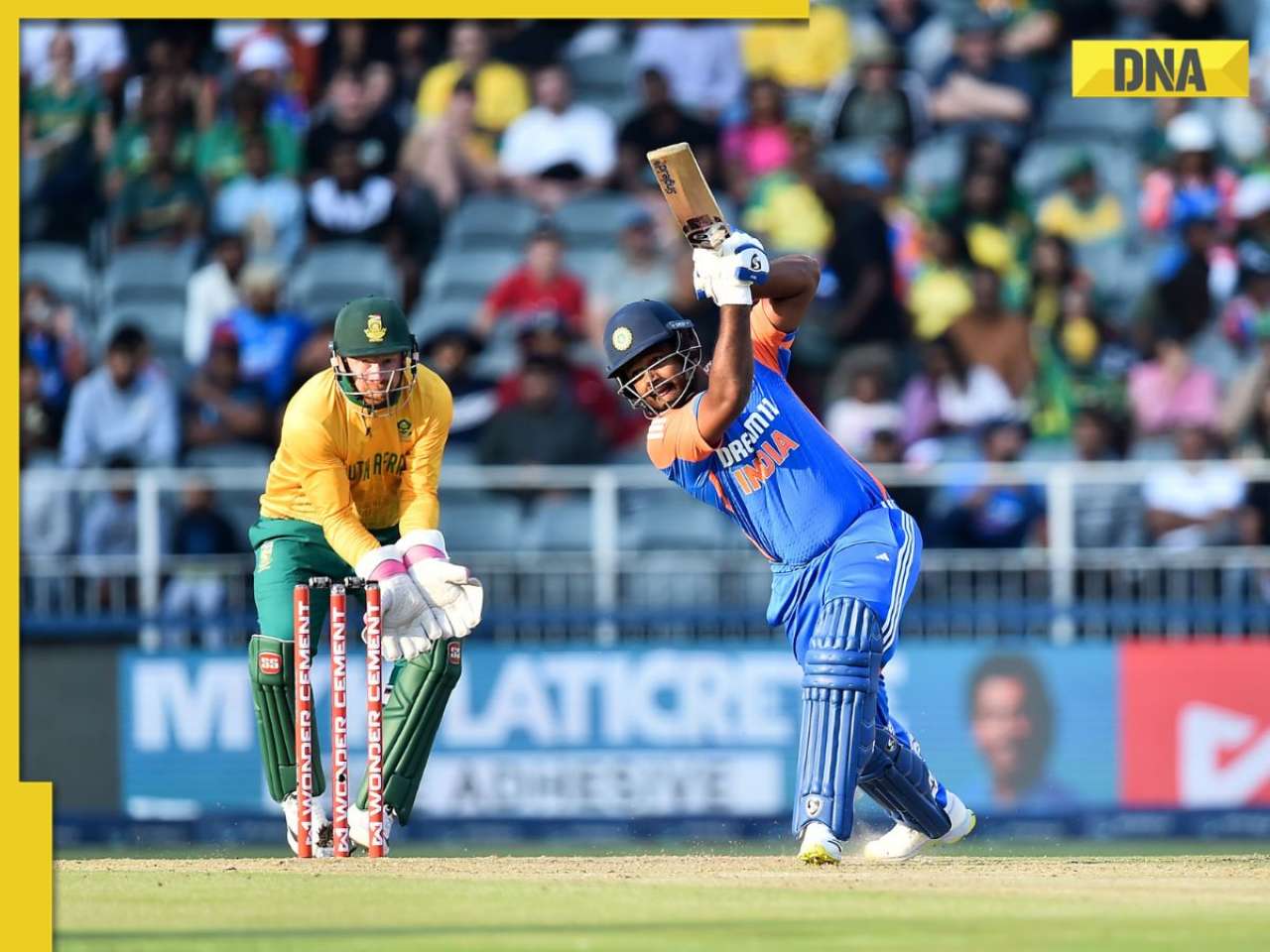

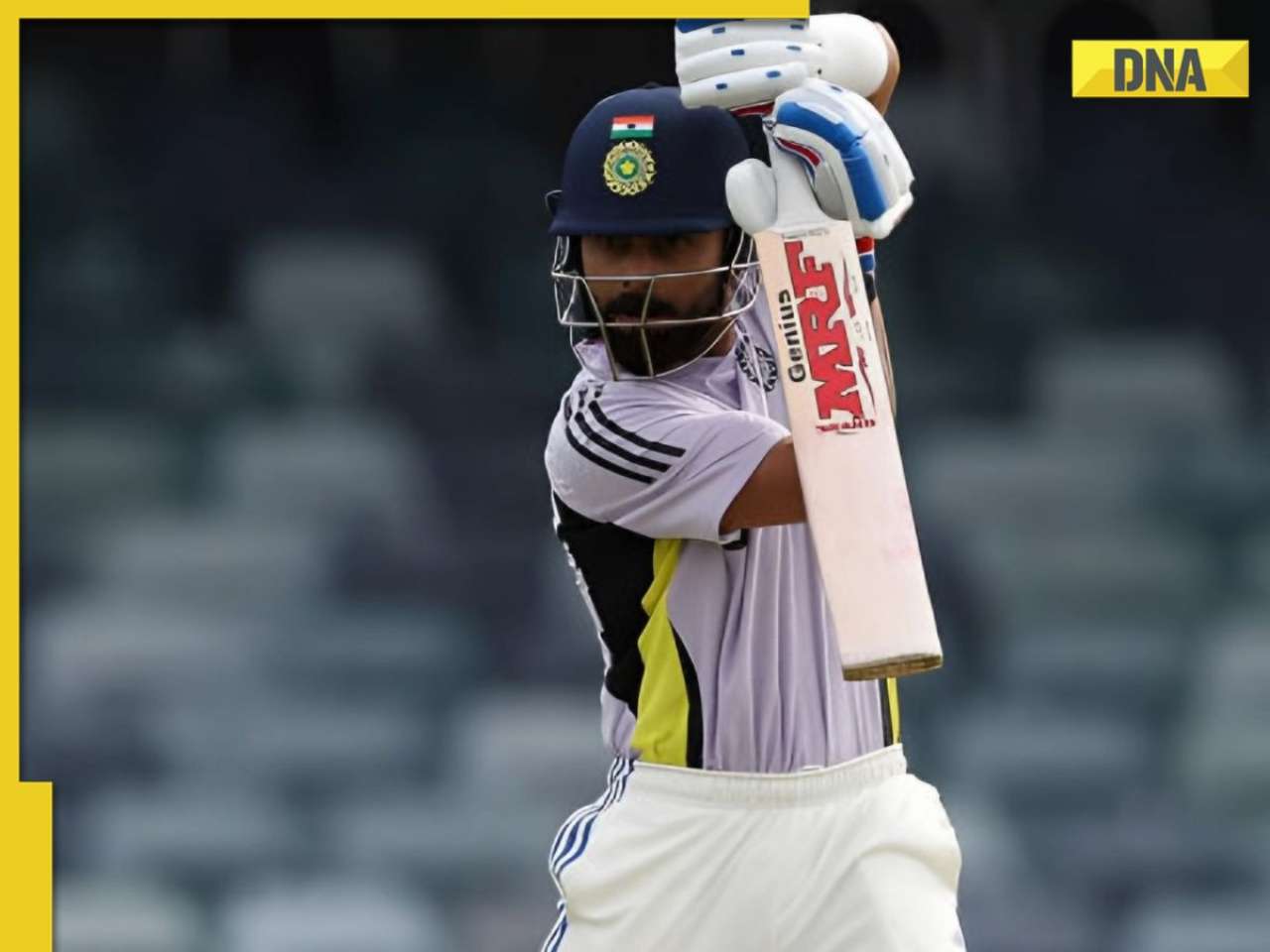




)
)
)
)
)
)
)
)
)
)
)
)
)
)
)
)







